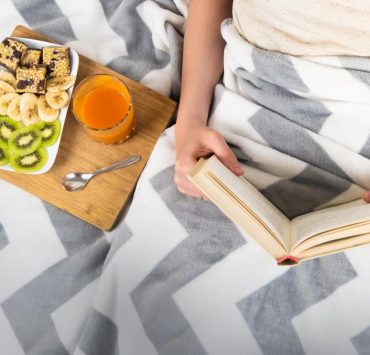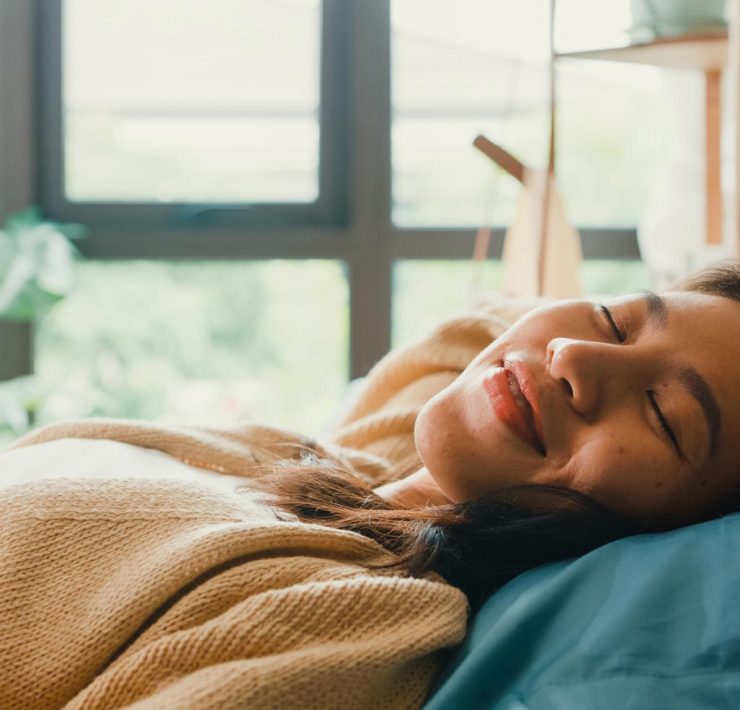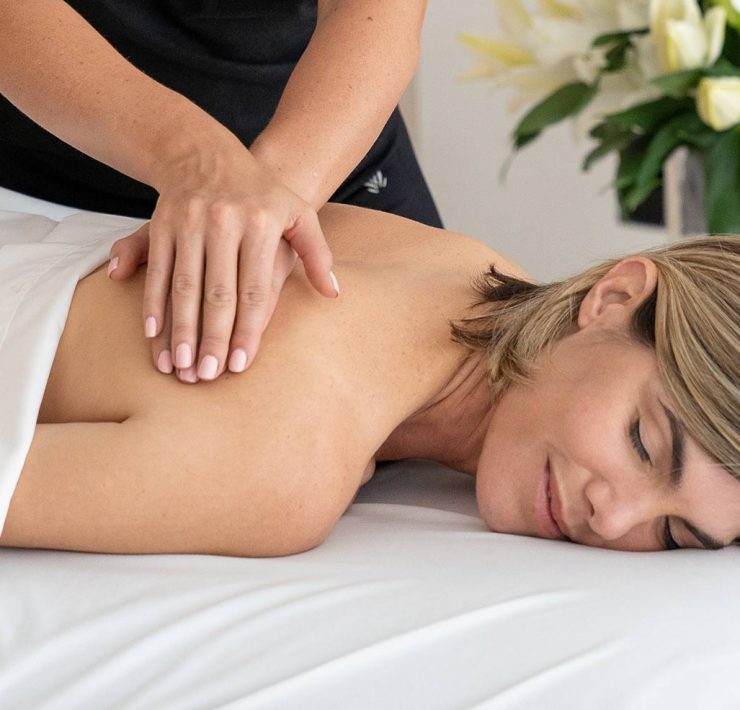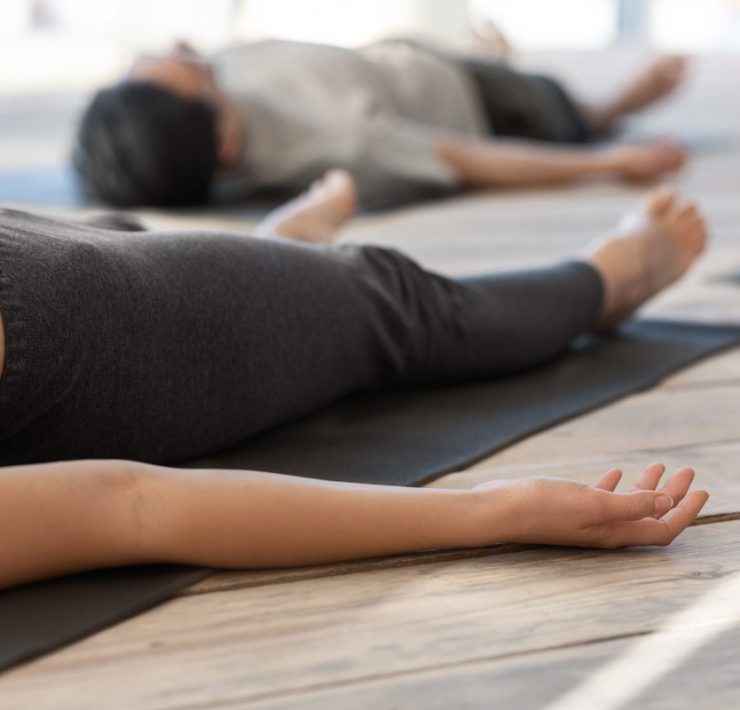Sleep is one of our most cherished treasures in life. That is why March can be so cruel, tearing away one precious hour of slumber with Daylight Savings Time every March.
While the extra hour of sun might be some consolation, it’s also likely to wreck your internal clock – which is heavily dependent on sunlight. As it turns out, sunlight suppresses your body’s production of melatonin, the hormone that induces sleepiness.
How can you make sure you get your beauty sleep this Sunday – and be fresh as a daisy Monday morning? (Or, at least, at work on time?)
- Go to bed an hour earlier. If possible, start before Sunday, so your body is used to earlier resting times. Just go to sleep a little earlier each evening, to ease yourself into the weird world of getting to sleep before midnight.
- Get a sleep massage from Zeel. The magic bullet for sleep, the sleep massage is specially designed to promote better-quality rest. Sleeps massages include a combination of relaxation techniques that include long, gentle strokes and reflexology, all designed to send you into a deep, unbroken rest.
- Don’t drink alcohol or eat fatty foods right before bedtime. Both can disrupt sleep. It should probably go without saying that you should skip caffeine before night-night time as well. Caffeine can throw off your internal clock in a big way, according to a study in Science Translational Medicine (and your personal experience, most likely).
- Sprinkle lavender oil on your pillow. Lavender scent can help you relax and ease anxiety. Other scents that promote sleep include vanilla, rose, and jasmine, if you’re not a fan of lavender.
- Get some cardio. Exercise is, of course, incredibly beneficial for all aspects of your life. And doing aerobic exercises before Daylight Saving Time ends is a great tool for a good night’s sleep. Studies have shown that prolonged exercise – performed regularly over several weeks – helped adults with insomnia fall asleep faster, for longer periods of time, and with a higher quality of sleep.
- …but not too late in the day. Exercising in the evening or right before bed can mess with your ability to sleep, as aerobic exercise stimulates your body and heats it up – both of which could leave you staring at the ceiling instead of sleeping.
- Control the light. That means a few things. Blue light, like the light emitted by cellphones, televisions, and laptops, can disrupt brainwave patterns, leading to interrupted sleep. And, of course, bright light (like, for example, daylight) streaming through your windows in the morning is sure to wake you up. Invest in some good blackout curtains – you’ll sleep better year-round.
- Block out distracting sounds, either with white noise or some relaxing music. Reputable studies suggest that music that has a rhythm of around 60 beats a minute is ideal for high-quality sleep. And since your body naturally cools off while you sleep, you can jump start the sleep process by lowering the temperature in your room. Experts recommend that your bedroom hover between 60 and 67 degrees for optimal sleep. So take a chill pill and drift off to the land of nod.
How much do you know about sleep? Test your knowledge of slumber. Take the Zeel Sleep Quiz!
Or just need help getting some Z’s?
Marcy is the SVP of People and Communications at Zeel. In addition to overseeing the humans of Zeel, Marcy has written about workplace topics for more than 20 years both at Zeel and as VP of Content for Vault.com, a career information web site and publisher.






